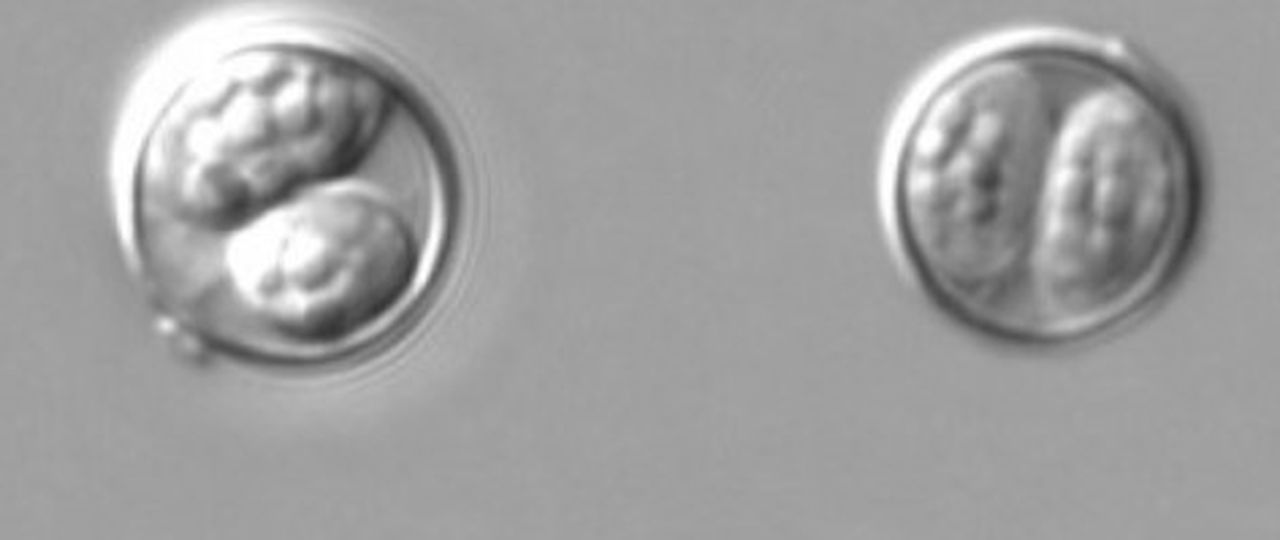What is Cyclosporiasis? Illness can cause âexplosive diarrhea,â growing number of Alabama cases
An upswing in the number of cases of cyclosporiasis, a gastrointestinal illness caused by a microscopic parasite, has prompted a warning from Alabama health officials.
The Alabama Department of Public Health said the state has seen an increase in the number of infections since April with more than twice as many cases reported this year than in 2022.
Here’s what you need to know
What is cyclosporiasis?
Cyclosporiasis is an intestinal illness caused by a microscopic parasite, Cyclospora.
How do you get cyclosporiasis?
Cyclospora is spread by people ingesting something—such as food or water—that was contaminated with feces. It needs time, typically, at least 1–2 weeks, after being passed in a bowel movement to become infectious for another person. According to the Centers for Disease Control, it is unlikely Cyclospora is passed directly from one person to another, rather is transmitted through contact with tainted items.
Who can get cyclosporiasis?
People who live or travel in tropical or subtropical regions of the world are at an increased risk because of how widespread cyclosporiasis is in some of these areas. In the U.S., outbreaks are generally linked to various types of imported fresh produce.
Can you get cyclosporiasis more than once?
Yes, according to the CDC.
How long does it take for symptoms to appear?
The time between becoming infected and becoming sick is usually about 1 week.
What are the symptoms of cyclosporiasis?
Cyclospora infects the bowel and usually causes watery diarrhea, with frequent, sometimes explosive, bowel movements. Other common symptoms include loss of appetite, weight loss, stomach cramps/pain, bloating, increased gas, nausea, and fatigue. Vomiting, body aches, headache, fever, and other flu-like symptoms have also been reported.
How long do symptoms last?
If not treated, the illness may last from a few days to a month or longer. The symptoms can also go away and then return.
What should you do if you think you have cyclosporiasis?
ADPH recommends anyone who has had diarrhea, stomach cramps, bloating or other gastrointestinal symptoms lasting longer than several days to talk to their healthcare provider.
Is cyclosporiasis serious?
Most healthy people recover without treatment but some, including people with poor health or weakened immune systems, can require hospitalization..
How is cyclosporiasis treated?
Cyclosporiasis is treated with antibiotics. Plenty of fluids and rest are also recommended.
How can you prevent a Cyclospora infection?
The best thing to do is practice good food handling and hygiene tips:
Wash
Wash hands with soap and warm water before and after handling or preparing fruits and vegetables. Wash cutting boards, dishes, utensils, and counter tops with soap and hot water between the preparation of raw meat, poultry, and seafood products and preparation of fruits and vegetables that will not be cooked.
Prepare
Wash all fruits and vegetables thoroughly under running water before eating, cutting, or cooking. Scrub firm fruits and vegetables, such as melons and cucumbers, with a clean produce brush. Cut away any damaged or bruised areas on fruits and vegetables before preparing and eating.
Store
Refrigerate cut, peeled, or cooked fruits and vegetables as soon as possible, or within 2 hours. Store fruits and vegetables away from raw meat, poultry, and seafood.
